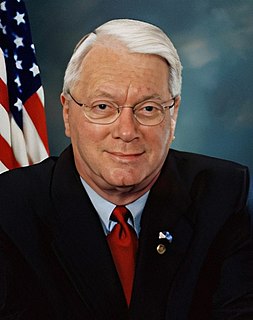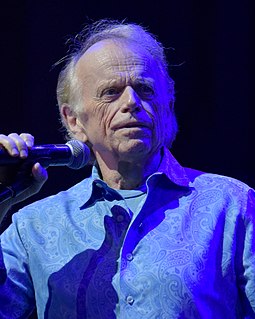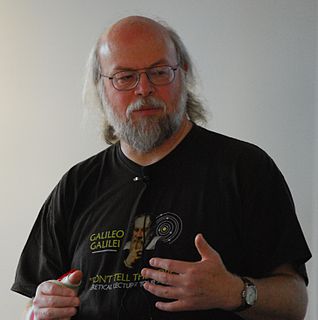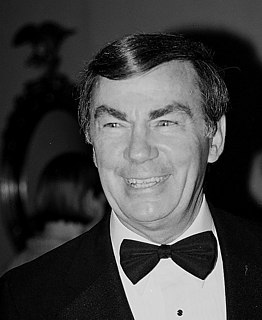A Quote by Jim Bunning
The family farm is the foundation for who we are as a Commonwealth. And for over a century, the family farm in Kentucky has centered around one crop: tobacco.
Quote Topics
Related Quotes
A farm regulated to production of raw commodities is not a farm at all. It is a temporary blip until the land is used up, the water polluted, the neighbors nauseated, and the air unbreathable. The farmhouse, the concrete, the machinery, and outbuildings become relics of a bygone vibrancy when another family farm moves to the city financial centers for relief.
I learned conservatism through my grandfather; I didn't know that was the name. I didn't know these were conservative principles. Starting his life on a sharecropping farm. Working tremendously hard. Five years old, picking cotton and laying tobacco out to dry on a farm, and today he now owns that farm.
I do think that there is a big difference between family farms and agri-business, and one of the distressing things that I think has occurred is with consolidation of farm lands. You've seen large agri-businesses benefit from enormous profits from existing farm programs, and I think we should be focusing most of those programs on those family farmers.
What, then, is the effect of pesticides? Pesticides have created a legacy of pain, and misery, and death for farm workers and consumers alike. The crop which poses the greatest danger, and the focus of our struggle, is the table grape crop. These pesticides soak the fields. Drift with the wind, pollute the water, and are eaten by unwitting consumers. These poisons are designed to kill, and pose a very real threat to consumers and farm workers alike.
The Cubs, we built one of best farm systems - I think for a while there, it was the best farm system in baseball. And that was great. It got a lot of attention. But we didn't want the credit for the farm system. What we wanted was to see if we could do the tricky part, which was turn a lauded farm system into a World Series champion.

































